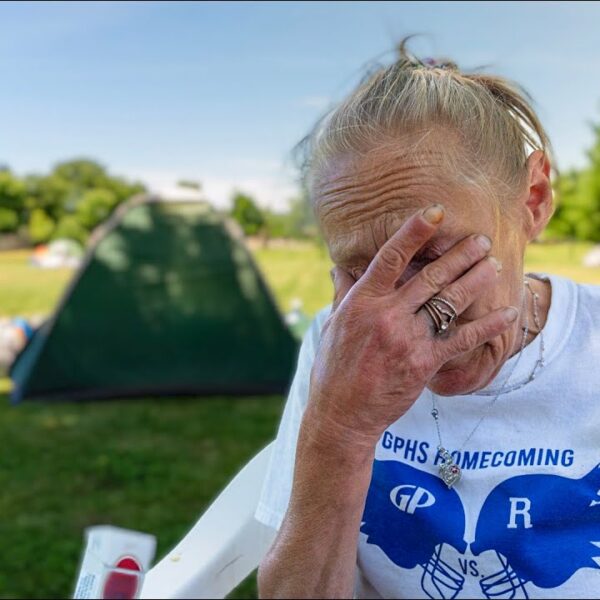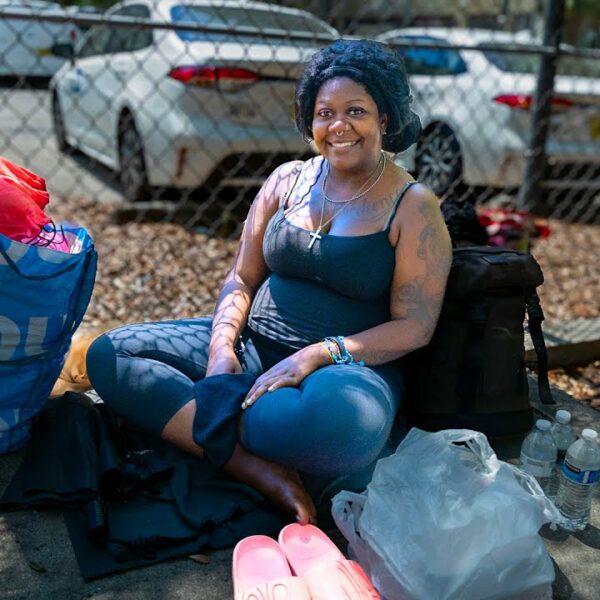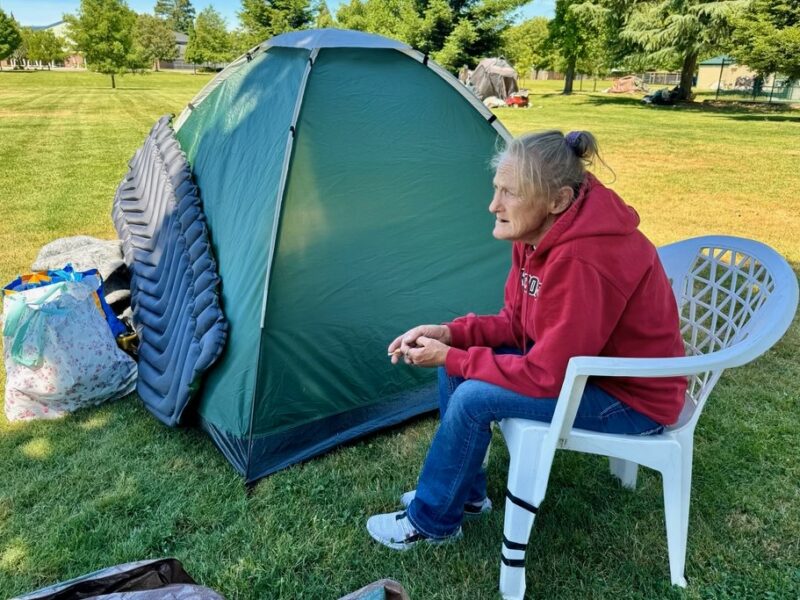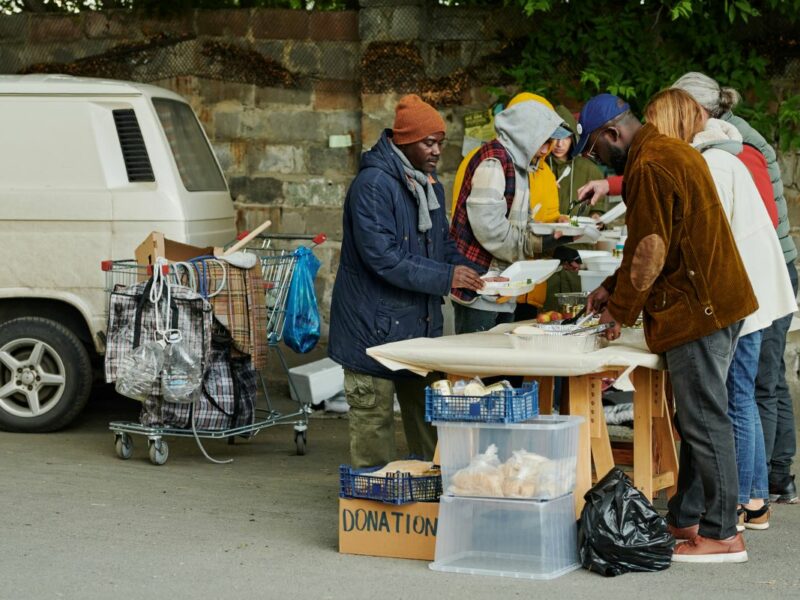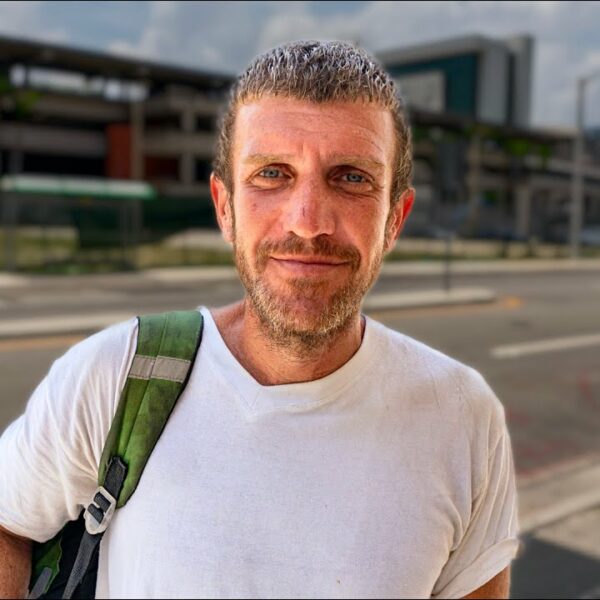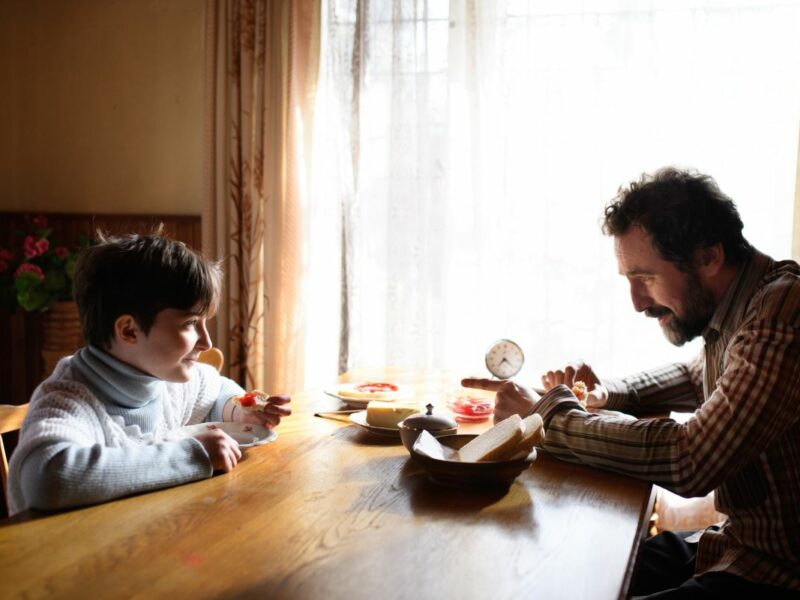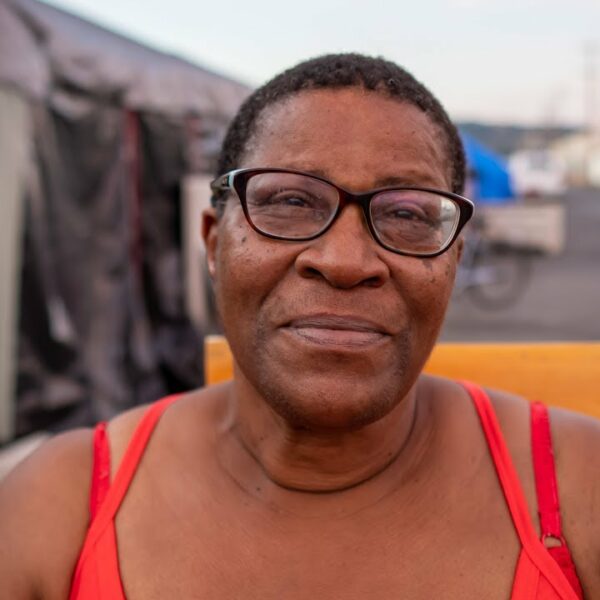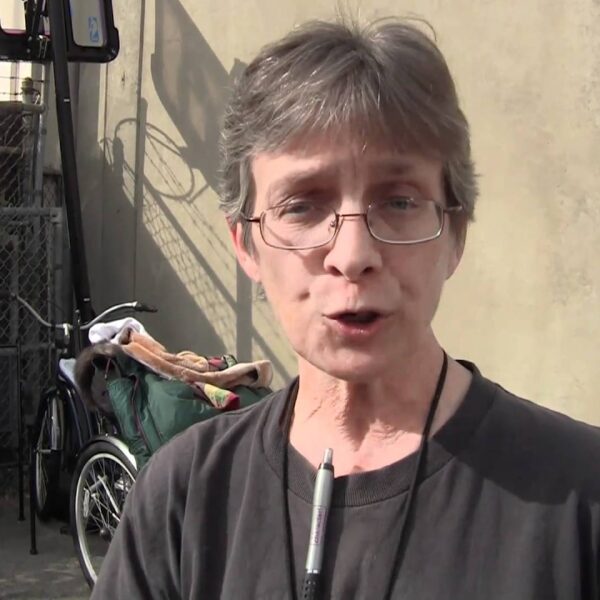Stable, Affordable Housing Is on the Verge of Extinction
For younger generations, the American Dream of owning a home with a white picket fence and a yard for your 2.5 children and family dog to play in is a quaint relic of a bygone era, if it ever really existed.
It sounds just as idyllic and fantastical as the halcyon days of sky travel when flights were actually comfortable and luxurious. Or the days of being able to step outside your door and walk to any number of local shops to buy your daily necessities at small businesses owned by people you actually know instead of faceless corporations. We’re so far away from all of these things that what may be a nostalgic memory for older generations sounds like a fairytale to younger ones.
But Pan Am and penny candy stores are not the only ones on the chopping block now. The basic ability to work and afford a roof over one’s head is on the verge of becoming a thing of the past.
It’s Not Just a Phase
Unless you’ve been paying close attention, the background noise of news reports about avocado toast may have you thinking the Millennials are still 20-somethings flipping burgers part-time for pocket change.
If that’s the idea you have in your head, it may make sense to you that so many of these kids fear homelessness. After all, your 20s are a notoriously tumultuous time filled with bad jobs, worse roommates, and hard-learned lessons.
In reality, the phrase “Millennials and Gen Z” covers a range of people between 12 and 43 years old. The youngest millennials are now 28, an age by which most of their parents had one or more children and had bought a home for a fraction of the cost they’re selling for today. Meanwhile, the percentage of first-time home buyers today is at an all-time low, while rental prices are at an all-time high.
That’s not a coincidence.
With wages remaining stagnant and benefits practically nonexistent, today’s younger generations pay a much higher price for everything than their parents and grandparents.
This is not an issue of phase of life; it is a cultural shift of a magnitude we are only beginning to understand.
By The Numbers
A recent survey on money attitudes has shown that 29% of Gen Z and 32% of millennials fear becoming homeless at some point in the future, a rate nearly three times as high as that of older respondents. All respondents to the survey were over 18.
These concerns persist even as Millennials and Gen Z set aside savings at a higher rate than the general population. Just 32% of the overall population reports increasing their emergency savings rate this year, compared to 37% of Gen Zers and 40% of Millennials.
But that’s not the only effect housing insecurity has on these generations. 33% of Millennials report that they can’t enjoy life because they obsess too much about money, compared to 24% of the overall population. These are people who are in the prime of their lives, established in their careers and communities, who are reporting that they can’t afford to enjoy life! The alarm bells are ringing loud and clear.
The overall percentage of people who feared becoming homeless one day across all age groups was 25 percent. That’s 1 in 4 people who think there’s a pretty good chance that they won’t be able to pay for housing one day and will end up on the street. And the sad part is that this is nowhere near an irrational fear. We know that for many of those people, that will become a reality, and for many more, it already has.
Contributing Factors
Within the broader context of the survey on financial attitudes, it’s clear that many of these participants fear becoming homeless due to an underlying sense of financial insecurity and mistrust of astronomically rising housing costs. However, there could be other factors contributing to these responses as well.
The visibility of homeless people in your community could be a factor in how much you fear becoming homeless yourself since participants who live in larger cities were nearly twice as likely to report a fear of future homelessness than participants who lived in suburban or rural areas where homelessness is less visible on a daily basis if you’re not looking for it.
There could also be an increasing recognition in younger generations that no one is truly immune to homelessness. It’s difficult to quantify, but this idea has been becoming more mainstream in recent years as advocates work to break down the barriers that propaganda has built to other unhoused people and disguise the reality that we’re all just people and bad things can happen to any one of us.
It would make sense that younger generations might be on the whole more amenable to that message, since they’ve been subjected to fewer years of deliberate vilification of unhoused people than older generations, and they may remain a bit more flexible in their thinking. Of course, there exist older people who have successfully adopted this viewpoint and younger people who haven’t; I’m just speaking in generalizations to explore the overall trends.
As we work toward policies that protect our basic rights and demand our voices be heard above the corporate lobbyists who profit off of us, another way of making change may be to actively counter the idea that only certain people can become homeless. Yes, it may lead to an increase in our general stress levels, but it may also lead to increased outrage, increased action, and increased compassion for our unhoused neighbors who are currently stuck in the same trap that’s been laid for all of us.



